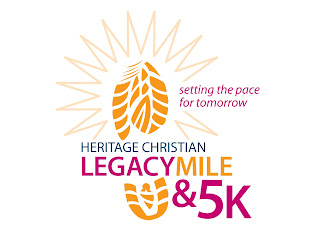People who work at Heritage Christian Services serve with their hearts – and that sometimes means the sense of pleasure and satisfaction makes it easy for employees to forget to care for themselves, said Barb Cacia, wellness coordinator at the Pieters Family Life Center.
That’s why she’s leading an employee wellness program called Healthy You.
“I’d like to remind them to keep the oil changed so they can continue to do what they are good at,” she said. “They don’t always know that they need to take good care of themselves.”
Already she’s planning to meet with direct support professionals at each home to talk about sleep management, keeping stress levels under control and other wellness goals. Intramural sports are starting up within the agency as are programs for those who share a love of biking, photography or running. Soon she’ll be coordinating a group that meets to talk about grieving and another group that meets to map out their goals.
“We’ll probably meet in the Garden Café at the Pieters Family Life Center and do a little journaling about goals,” she said. “It doesn’t matter what the goal is. How can we help you get there?”
Eventually, Cacia wants to add an after-work exercise group and sponsor family events – like a trip to the local zoo – once a month, just to get people in the habit of moving and enjoying life.
“We want to help people explore wellness,” she said. “Instead of slugging through life, let’s start living. As our attitudes change, better health will come.”




